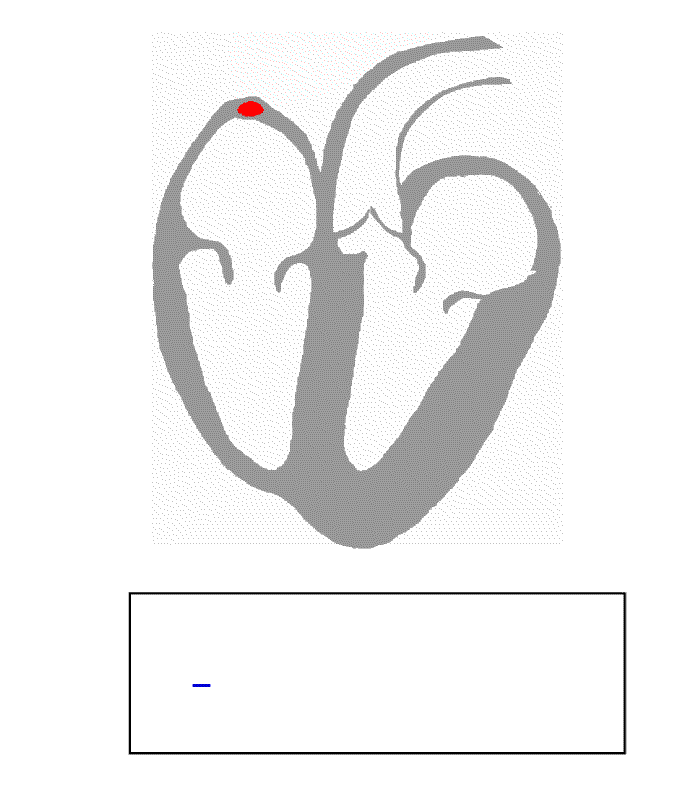 Sometimes I think my consciousness is only a tiny sub-process that my brain employes to keep me occupied while it's working. Case and point: Today, we learned how to read electrocardiograms (EKGs*), which I have been taught at least two other times in my academic career, each time grasping just enough information to survive a test but never really understanding.
Sometimes I think my consciousness is only a tiny sub-process that my brain employes to keep me occupied while it's working. Case and point: Today, we learned how to read electrocardiograms (EKGs*), which I have been taught at least two other times in my academic career, each time grasping just enough information to survive a test but never really understanding.Ok, I see how the different waves, segments and intervals line up with the heart's contraction cycle... But why are some waves up and others down? Why do you need a dozen leads when one would seem to do the job?Today, it just clicked. Made perfect sense. Not sure what I was missing before. I feel like my subconscious was just working away on this one, setting up some EKG-understanding brain pathways while I wasn't paying attention, just in case I should ever come across EKGs again. Well, thank you brain! If you wouldn't mind, could you move on to neurology before the spring block? I know you've also seen those topics a few times before, and hey, it's practically an autobiography for you, so it should be pretty easy.
TIL: Cardiac output is limited by venous pressure. In other words, the heart can only pump so much blood at a time. The maximum amount of blood the heart can pump is determined by a number of factors, like the heart rate, preload, etc. but the limiting factor is the pressure in the veins. Each time the heart pumps, it pulls blood out of the venous system and the veins happily empty, but if the heart is moving too much blood too fast, the veins will collapse. A collapsed vein can't provide any more blood for the heart to pump, so the cardiac output plateaus.
If a spinal cord tumor is located in the lower back just below the tail of the main spinal cord, you don't want to make your incision below the lesion because the cerebral spinal fluid (CSF) will drain and move the tumor caudally (toward the butt) by the change in pressure. If the tumor is connected to the spinal cord proper, it will dangerously stretch the spinal cord, possibly causing damage.
*The "K" in EKG comes from the original Greek wherein "cardio" is spelled "kardio." Some people use the abbreviation ECG to match the modern spelling, but those people are stupid.
*The "K" in EKG comes from the original Greek wherein "cardio" is spelled "kardio." Some people use the abbreviation ECG to match the modern spelling, but those people are stupid.

No comments:
Post a Comment